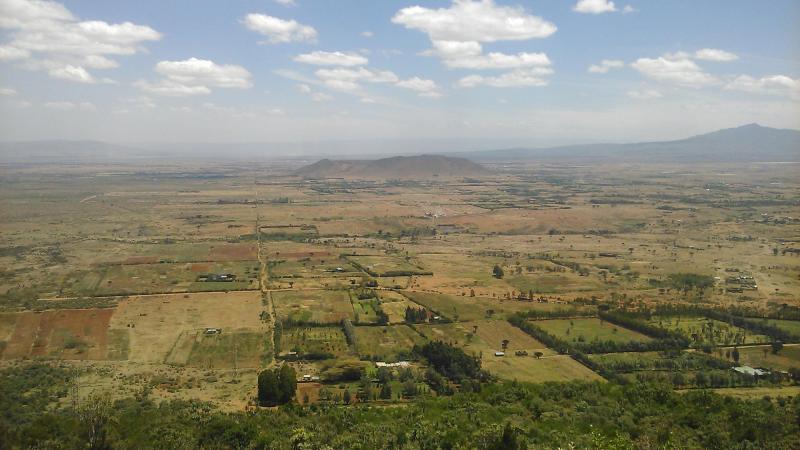Rethinking land policy for Kenya's pastoral communities: the path to sustainable development
This brief aims to inform the Kenyan government’s review of the NLP of 2009 from a pastoralist perspective, to ensure that the NLP recognises and secures pastoralists’ land rights.

The land reforms instigated by the National Land Policy (NLP) of 2009 saw Kenya implement a comprehensive roadmap for land administration and management. The NLP was, for pastoralists, a step forward as the policy sought to secure their land rights.
The NLP began to be reviewed in 2023. Kenya’s drylands – arid and semi-arid lands (ASALs) – have been coming under increasing pressure from agricultural expansion, infrastructure, housing, and large-scale land investment. These developments encroach on pastoral lands and often lead to the displacement of pastoralists and the loss of key grazing areas, and they restrict pastoralists’ mobility, undermining their ability to manage variable natural resources. Individualisation and privatisation of former trust and group ranches potentially also undermine pastoralism.
After reviewing the literature, running dialogue sessions with specialists, and engaging with stakeholders, we recommend the review of the NLP of 2009 should:
Codify indigenous practices: Indigenous land use should be integrated into the planning framework to protect pastoral lands and ensure their sustainable use.
Recognise collective rights: The new policy must provide clear guidelines for the recognition and protection of collective land rights, securing pastoralists’ access to land and water.
Plan land use with the participation of pastoralists: Engaging pastoral communities in planning ensures that their needs and practices are understood and respected. Participatory rangeland management, and other inclusive planning methods, can influence policies that are not only effective but are also supported by the communities they affect and are meant to serve.
Strengthen community governance: The composition and coherence of Community Land Management Committees needs reconsideration with regards to how pastoralists’ traditional governance mechanisms are established and function. These committees should empower local communities to manage their lands effectively, blending longstanding indigenous knowledge with modern governance.
Strengthen customary conflict resolution mechanisms: Customary conflict resolution mechanisms need strengthening, then integrating with formal frameworks to reduce conflicts and ensure more equitable access to resources.
Integrate technology: Accurate and comprehensive mapping of pastoral lands is needed to protect them from encroachment and mismanagement. The use of technology in surveying and mapping can enhance the protection and sustainable use of rangelands, with well-defined rangeland units for planning and development. Use of geographic information systems and other technologies should take into account the complex systems that govern pastoral land tenure.
Don't miss this blog on 'Transforming land policy for Kenya's pastoralists: an opportunity for sustainable development in drylands'.